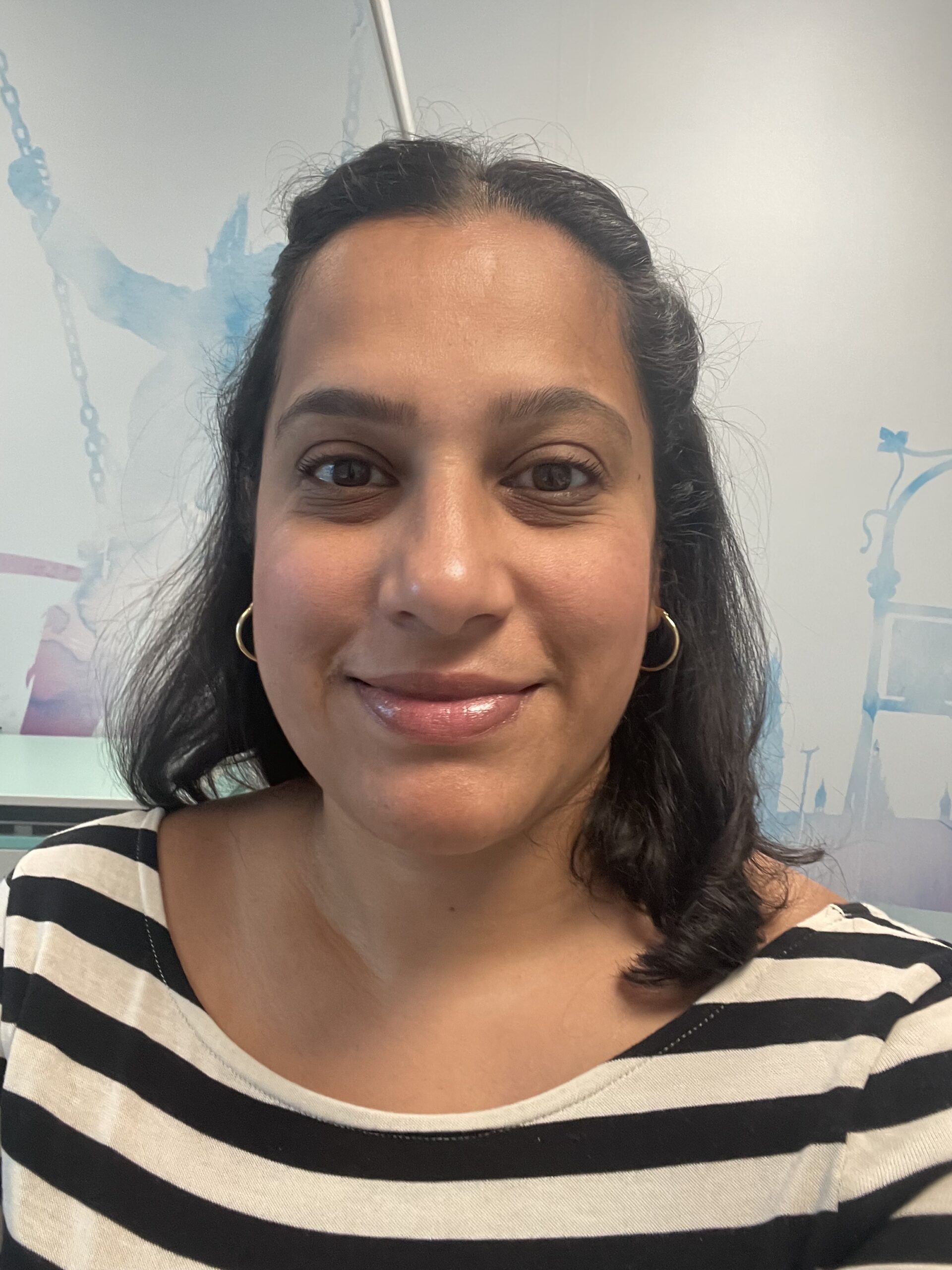How to Support Your Teen Through Growth, Puberty and Health Challenges
The teenage years are a time of rapid change, not just emotionally and socially, but physically too. Growth spurts, puberty, and hormonal shifts can raise questions for both young people and their families.
While much of this is part of normal development, sometimes changes occur earlier, later or differently than expected. Getting specialist support early can make a real difference to a child’s health, confidence and long-term wellbeing.

Common areas where families seek help
Puberty and pubertal concerns
Early or delayed puberty, or changes that seem out of step with peers, can cause real worry. A specialist can assess growth and development, carry out hormone testing, rule out underlying conditions and, where necessary, offer treatment to support healthy progression.
Periods and menstrual health
Irregular, heavy, painful or absent periods, especially in adolescents, may point to hormonal imbalance or other medical issues. Expert assessment helps identify causes such as polycystic ovary syndrome (PCOS), thyroid problems or bleeding disorders. Sensitive guidance on managing symptoms, and collaboration with gynaecology if needed, can relieve discomfort and prevent complications.
Growth concerns
Being significantly shorter or taller than peers, or showing poor or excessively rapid growth, can affect self-esteem and sometimes signal an underlying condition. Monitoring growth charts, bone age and nutrition, plus targeted investigations, helps ensure children achieve their full growth potential.
Chronic fatigue
Persistent tiredness that disrupts school, hobbies and daily life deserves careful evaluation. Medical causes such as anaemia, thyroid disease or sleep disorders can be ruled out, while psychological and lifestyle factors can be addressed to create a sustainable management plan.
Why timely support matters
Addressing these issues early can:
- Support normal physical development, including bone health
- Prevent long-term complications such as osteoporosis or metabolic issues
- Reduce pain and improve energy levels
- Boost self-esteem and emotional wellbeing
When to consider a specialist assessment
You may wish to seek expert advice if:
- By age 13-14 your daughter has no signs of puberty, or your son has no testicular growth by 14
- Periods are very painful, heavy, irregular or absent
- Height or growth rate differs markedly from family expectations
- Your child or teenager has long-term fatigue affecting school or daily life
Specialist support in London
If you’re concerned about your child’s growth, puberty, menstrual health or chronic fatigue, our team at Childhealthy is here to help - book an appointment.
Thank you to Dr Su Ghosh for providing content for this blog. Dr Su is a highly experienced paediatrician with a special interest in adolescent medicine. She combines medical expertise with understanding and support to guide young people and their families through these key stages.
Disclaimer: the information provided in this article is for educational purposes only and should not replace medical advice. Always consult with a healthcare professional for personalised guidance and treatment.

Related articles
Book your appointment
Clinic, remote appointments and home visits are available daily.
We can always find a time to suit you, so please do ask if you are having difficulty finding a suitable time.




